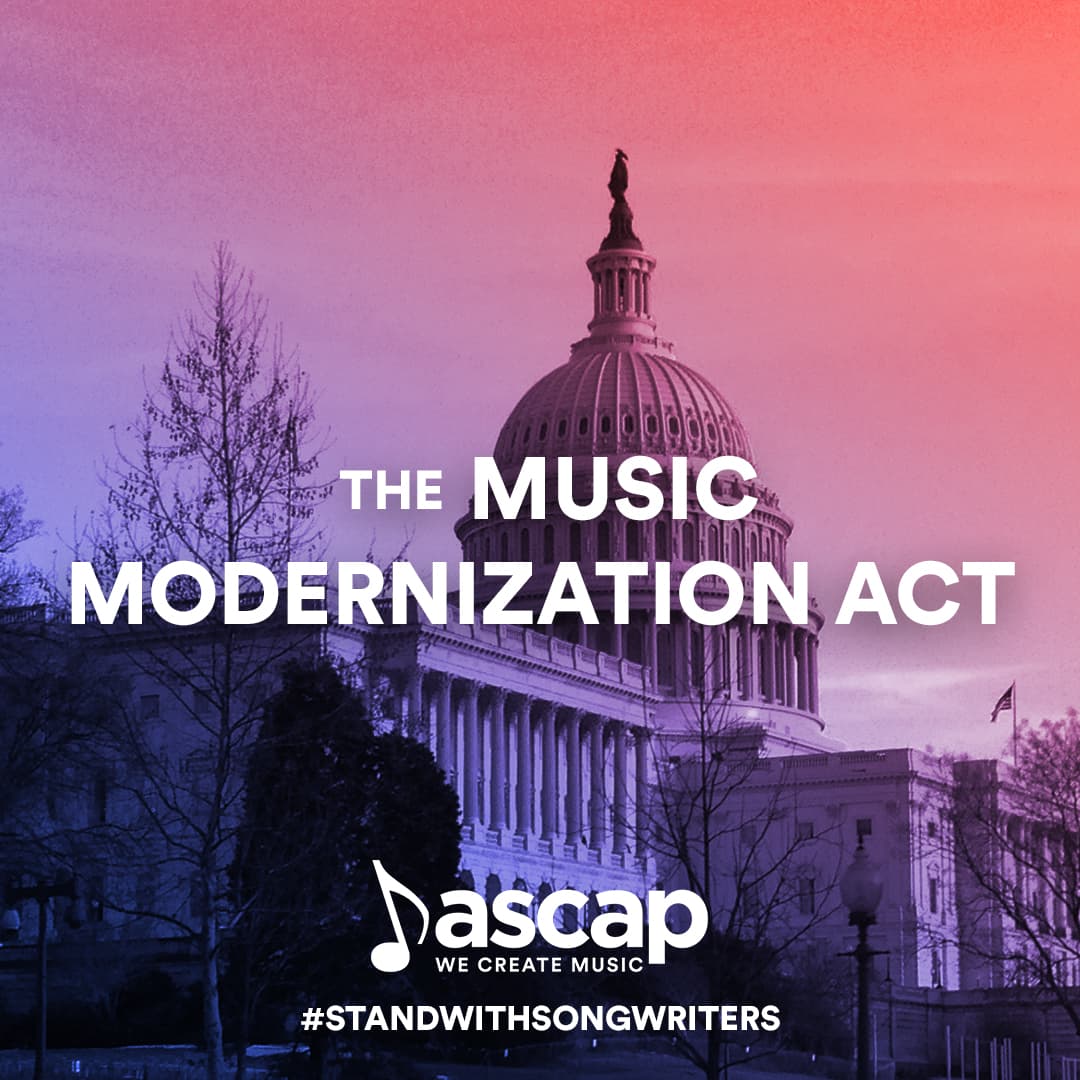Think to yourself how the standards of your daily life have evolved throughout the years. Phones were once dull, heavy blocks of metal that could hardly get a signal. Now they are extravagant, shiny devices that give you access to thousands of convenient applications. Cars simply provided you with a way to get from one place to another and although they still do so, you get to do it in style with sleek black leather, air conditioning, and a powerful sound system.
Now it may seem difficult to realize how drastic these changes may be considering that humans live at a painfully accelerated pace and rarely savor the present. So take a moment and process this particular one. As the Music Modernization Act was signed into law last week, artists around the world rejoiced for the largest legislative musical milestone in 20 years.
 With technology constantly advancing, it has prompted businesses to adapt to rising expectations and reform traditional operations. In this case, music streaming has become massively popular for its convenience but financially complex due to the intricacies of copyright. By no means is it a simple process and there has been a notable display of frustration from musicians not receiving proper compensation for their content. Shockingly, certain laws concerning royalty payments abide by concepts going as far back as 1909.
With technology constantly advancing, it has prompted businesses to adapt to rising expectations and reform traditional operations. In this case, music streaming has become massively popular for its convenience but financially complex due to the intricacies of copyright. By no means is it a simple process and there has been a notable display of frustration from musicians not receiving proper compensation for their content. Shockingly, certain laws concerning royalty payments abide by concepts going as far back as 1909.
The most major event was Spotify’s devastating $1.6 billion payment to Wixen Music Publishing for unauthorized usage of copyrighted songs. It seems to almost go without saying that if someone provides a service to a wide group of people, they should be compensated based on the success of that particular service. In fact, there should be safeguards in place to ensure that the process not only runs efficiently but defends the interests of the provider. That is precisely the battle these musicians have tirelessly pursued to protect their own stability and the MMA is finally the flag at the top of the hill.
So what does this ultimately mean? Well for starters, songwriters can reap the benefits of their streaming popularity even more with higher royalties. Their music is protected and not subject to the strong arm tactics that Apple Music or Spotify are capable of. Finally, it simplifies the difficulty of acquiring copyright licenses by utilizing a musical database instead. For the average person, this modernization isn’t too impactful but consider the perspective of an artist.
An Intellectual Property lawyer and drummer of the band Blotto, Paul Rapp offered his voice on the passing of the Music Modernization Act as he broke down its purpose and what it truly offers. Rapp began:
“The Music Modernization Act is a 186-page beast that gets to the heart of some of the more pressing disconnects between copyright law and the digital world of music we live in now… The law establishes a collective, run by publishers and songwriters, to maintain a transparent and public database matching songs to songwriters and publishers. Kind of like what SoundExchange does with digital master rights…It even grants rights to owners of pre-1972 master recordings to get finally paid for digital transmissions (like Sirius and Spotify). This is what Flo & Eddie have been suing about for the last bunch of years.”
He ended his statements by taking a passionate stance on Congress’ inattentive attitude but his hopefulness for progress by stating:
“What’s quite remarkable about the law is the level of bipartisanship that led to its passage. Most of the drama was between different segments of the industry, with Congress being all like “once you guys agree on something let us know and we’ll pass it.” There’s a ton more that needs to be done to fix copyright, but this is a good start.”
Musicians offer a beautiful craft that consumers and the industry at times can take for granted. They work tirelessly between recording and touring that it’s unjust to be burdened by payment not proportionate to their success. Finally, the passing of this Act demonstrates the direction artists wish to pursue and that is taking a stand for the recognition they deserve.


Comments are closed.